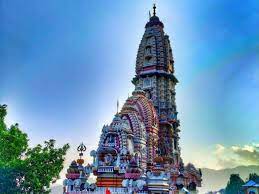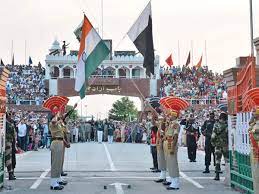Teej Celebrations in Rajasthan: History, Significance, Dates and more
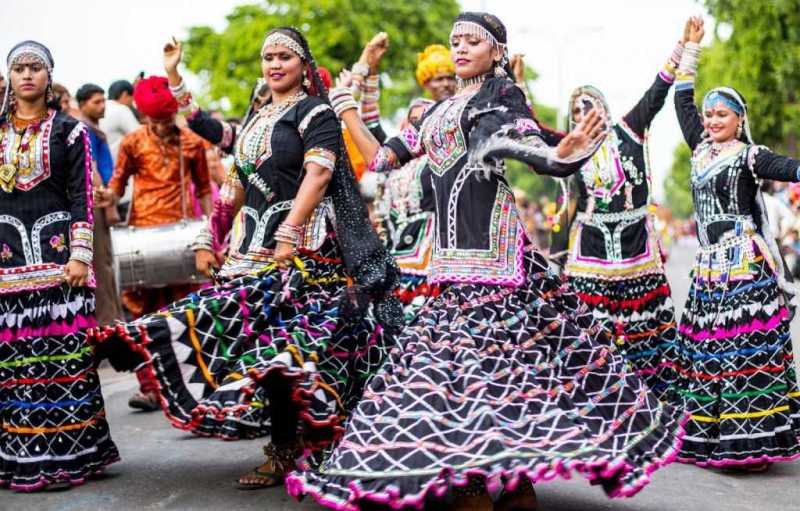
Teej is an important festival in North and Northwest India, but it would not be wrong to say that the zeal with which the women of Rajasthan celebrate this fast is unmatched. According to the Hindu calendar, Teej falls on the third day of the waxing moon in the month of Shravana, known as the Haryali Teej (23 July 2020) and the third of the waning moon, the Kajari Teej (6 August 2020), and waxing moons, Hartalika Teej (21 August 2020) in the month of Bhadrapad.
The historical significance of Teej
According to the mythology, after Goddess Sati self-immolated herself, Lord Shiva was grief-stricken, he isolated himself and went into a meditative state. The goddess took birth 108 times to bring Lord Shiva out of that state. Her 108th was Goddess Parvati, who with her efforts and unmoving will was able to finally bring the Lord out of his meditative state. Teej is said to be the day of union of Lord Shiva and Goddess Parvati. Thus, women seek the blessings of the Goddess on Teej for a happy married life. The unmarried fast too and pray to the Goddess for a husband like Lord Shiva.
Celebrations and rituals in Rajasthan
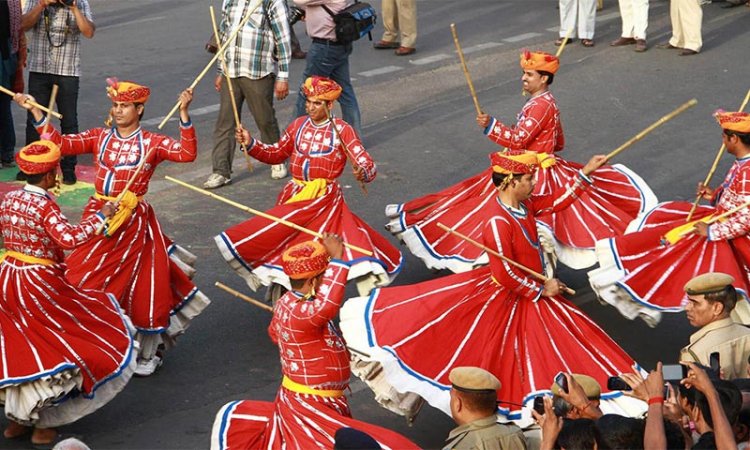
On Teej, women fast and pray to Goddess Parvati through the night. In the morning, they bathe and dress up in beautiful green or red sarees and jewellery to pray to the goddess. The most delightful sight of the day is the large decorated swings hanging to the branches of big trees, women take turns to enjoy swinging. Special Teej songs are sung, women apply henna in beautiful patterns on their hands. Married women receive various gifts from their parents, called Sindhara. It contains clothes, ghewar, henna and other important fineries for a married woman. The engaged girls received gifts from their in-laws.
Best places to be at
The festival though celebrated all over the state, Jaipur is the best place to be at on Hariyali Teej. Women in the city hold a two-day procession that is worth a watch. For Kajari Teej Bundi in the Shekhawati region is where you need to be. With the procession and cultural programs going on. It is must-attend for all.
Hariyali Teej celebration in Jaipur
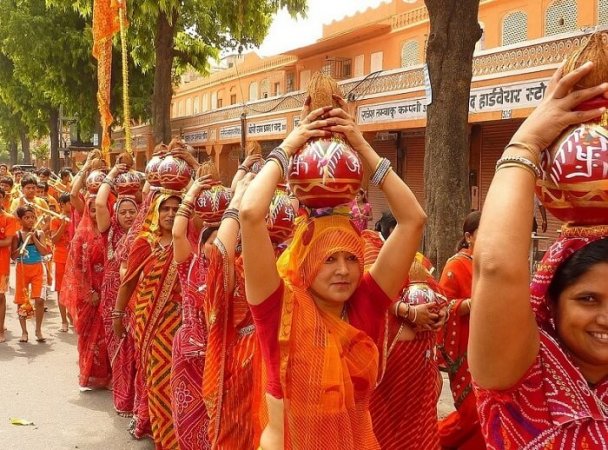
The married women and young girls of the city, take out a colourful procession carrying the Teej Mata. The idol is dressed up and decorated with accessories and the procession is taken out chanting religious prayers. Prayers that are devoted to Goddess Parvati. The women who are a part of this celebration do not sleep for three nights, a symbolic ritual to the tough penance Goddess Parvati had to go through to be accepted by Lord Shiva.
The entire pink city turns colourful, decorated with flowers, colourful swings and the lights are in the up in the evening. The women take out the procession, praying for the well being of their husbands and the unmarried hope for a good husband. The procession ends at the Kanak Vrindavan.
Kajli or Kajari Teej in Bundi
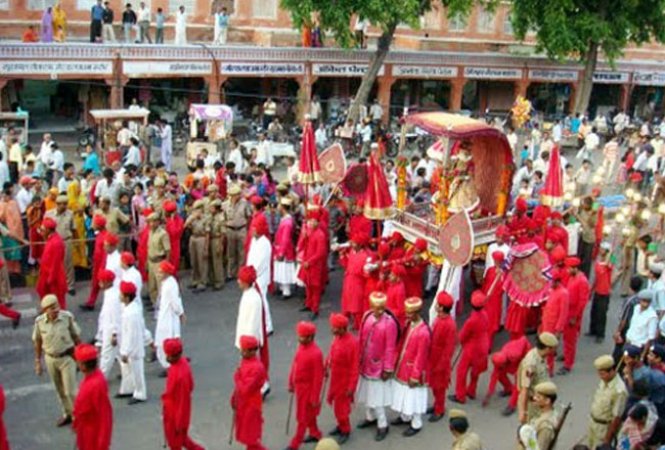
Not so different from the Hariyali Teej in Jaipur, here too a procession is taken out for Teej Mata. This procession travels from all the main bazaars of Bundi and ends at the Azad Park. This is a great site for tourists are a large number of performing artists, elephants, camels and bands also take part in this procession. They dress up in colourful attires and celebrate the day with great enthusiasm that reflects in their joyous moods.
Kajli Teej is of great significance for married couples here as they believe that this festival strengthens the ties between them. The main function is of two days but the festivities continue here till Janmasthami. The cultural programs reflect the cultural values of the place and are quite popular among tourists.
You may like post
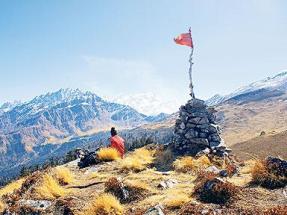
Explore the Himalayas again as Nepal and Indian States Reopen
After months of lockdown, the enthusiasts and adventurers can again start there quest of scaling the Mount Everest. Nepal government has decided to lift the Nationwide lockdown and welcome international tourists from August 17.
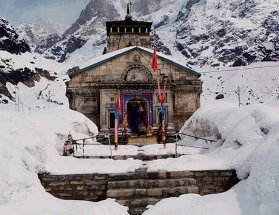
Story of Kedarnath Temple: History, Architecture and more...
The Kedarnath temple is one of the Chhota Char Dhams of the Hindu pilgrimage. A temple dedicated to Lord Shiva and is one of the twelve Jyotirlingas.







